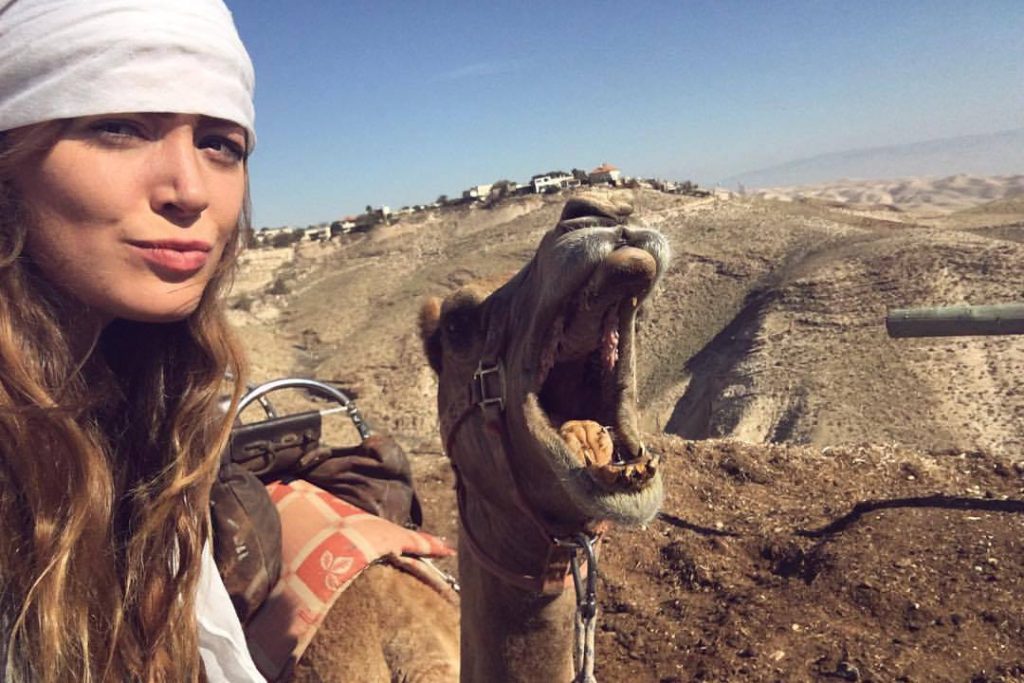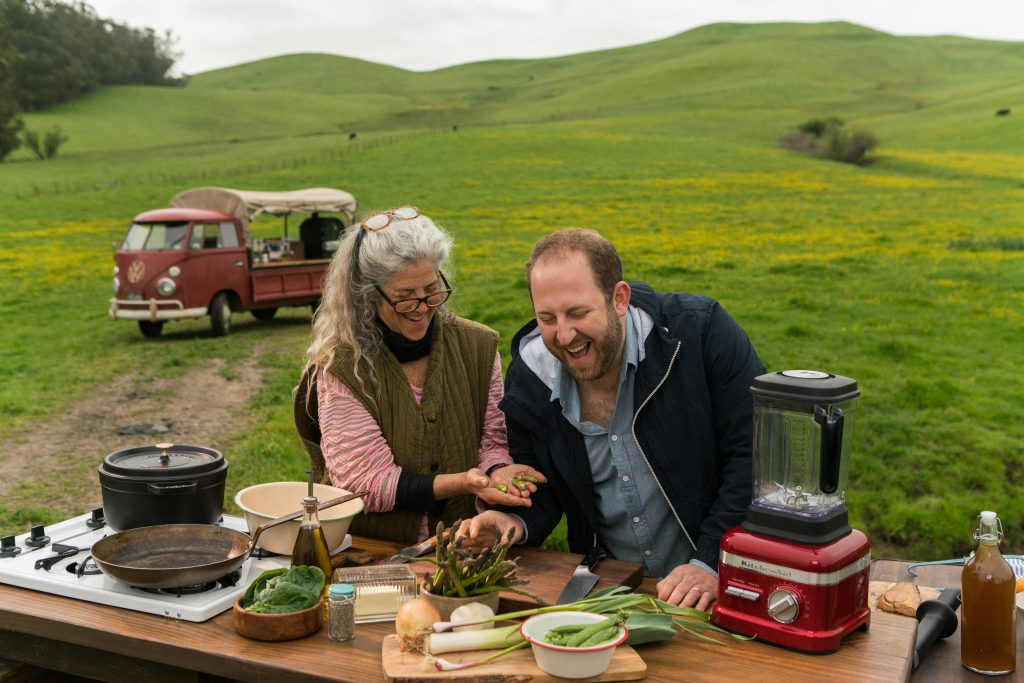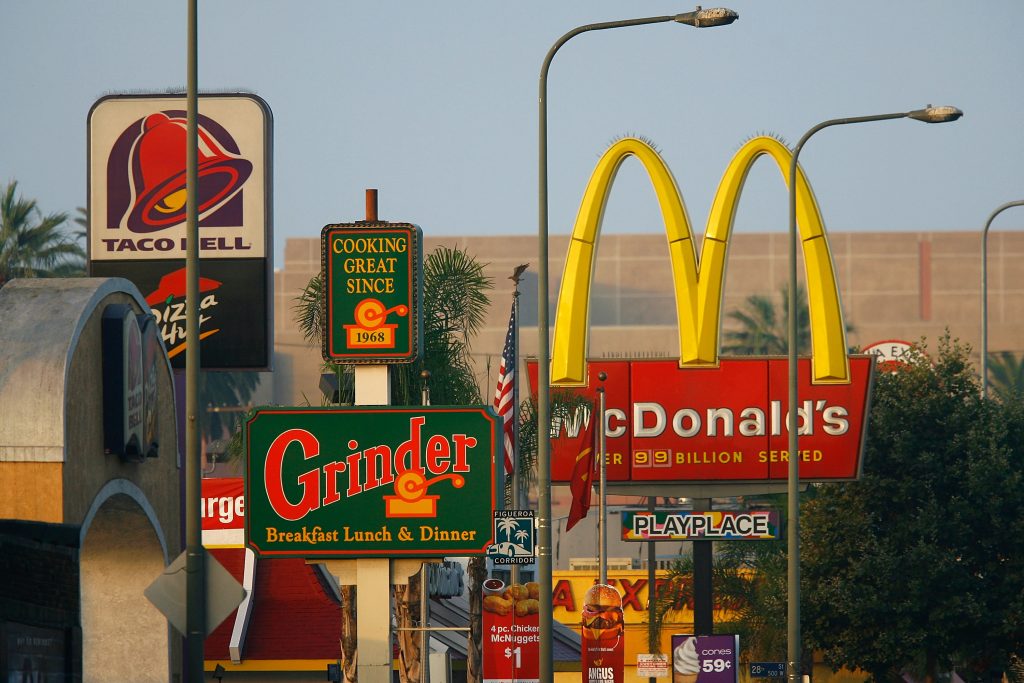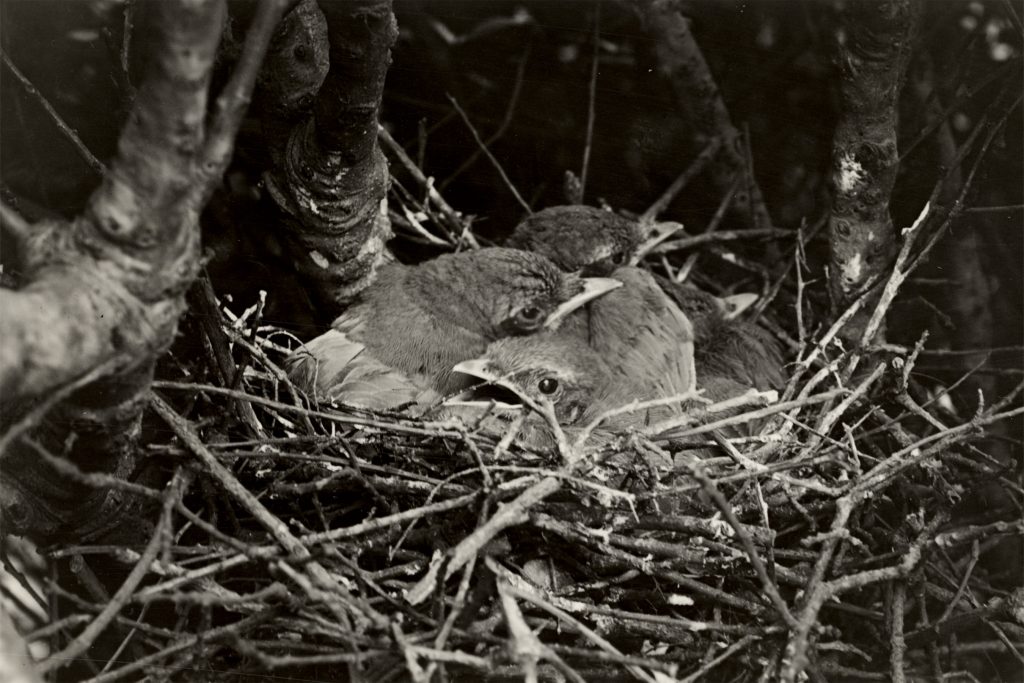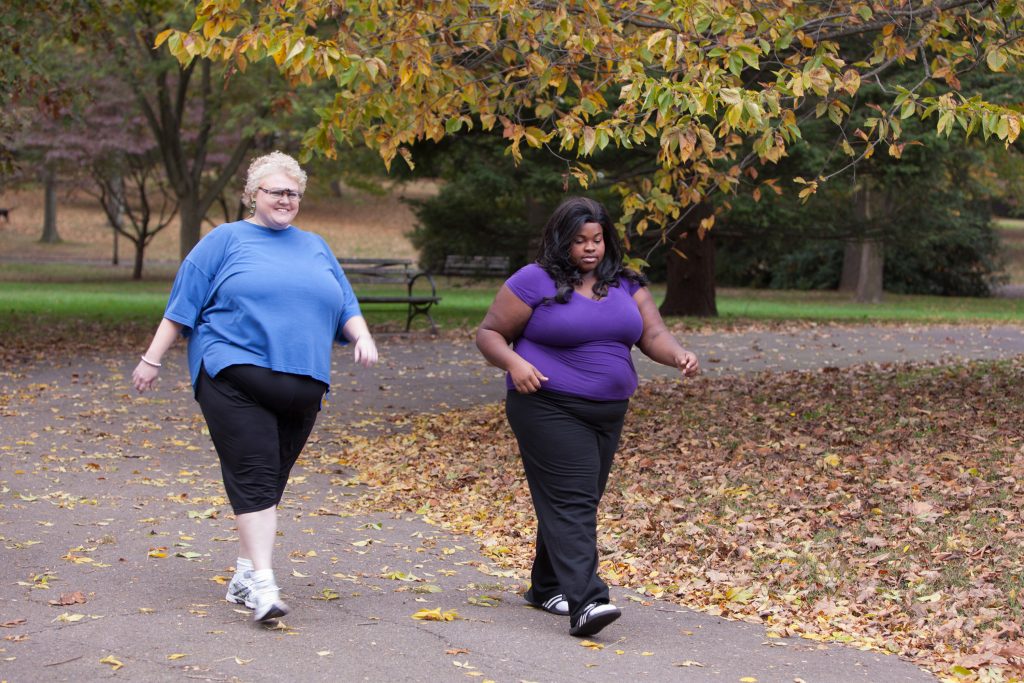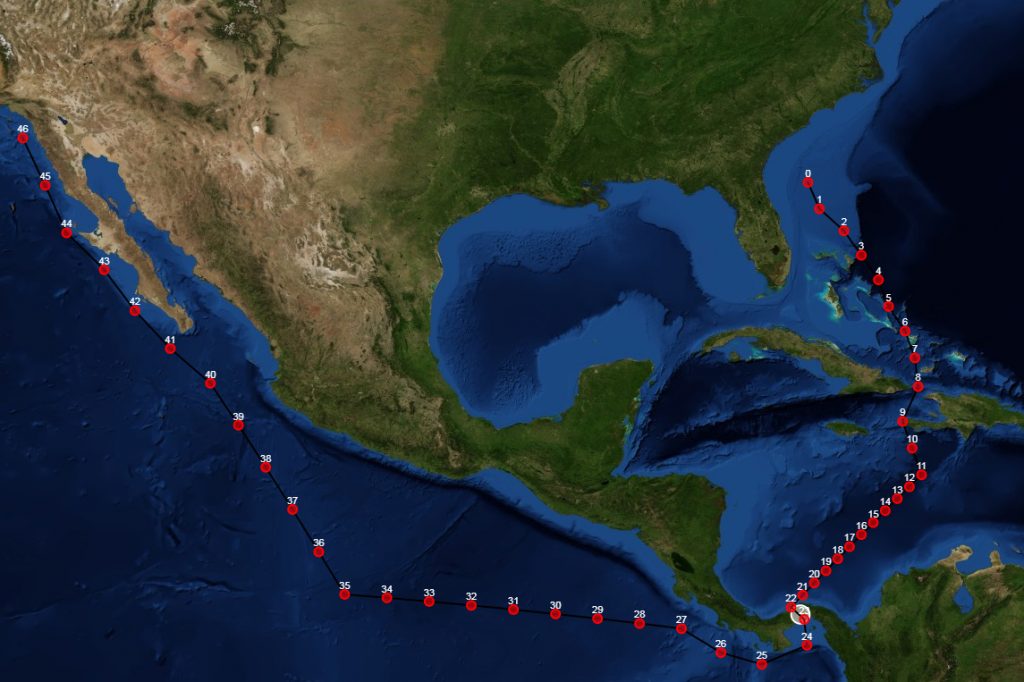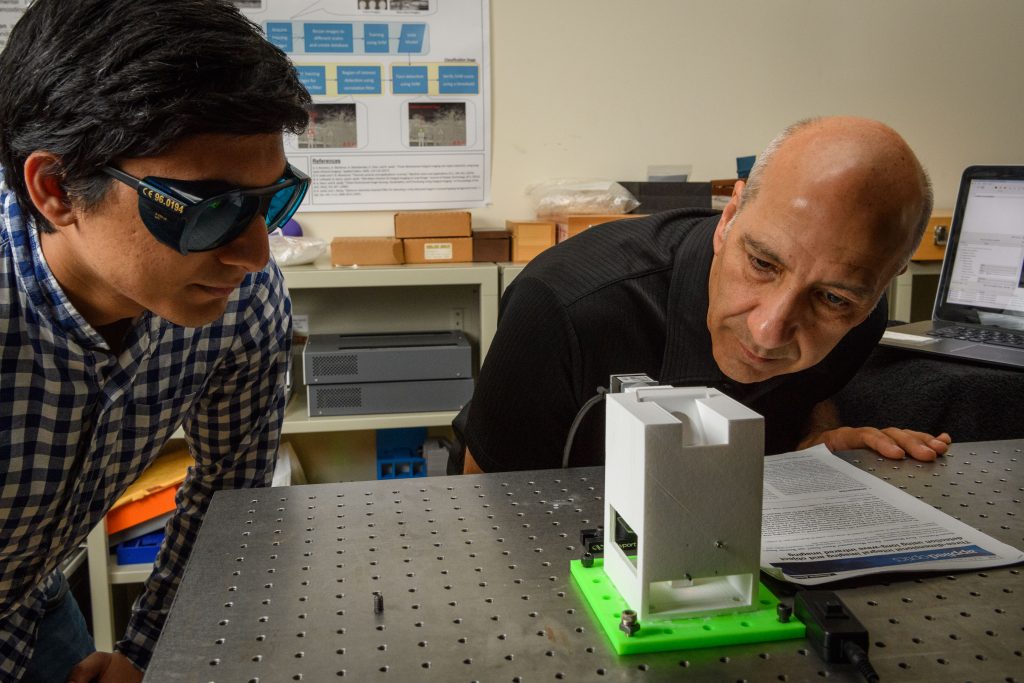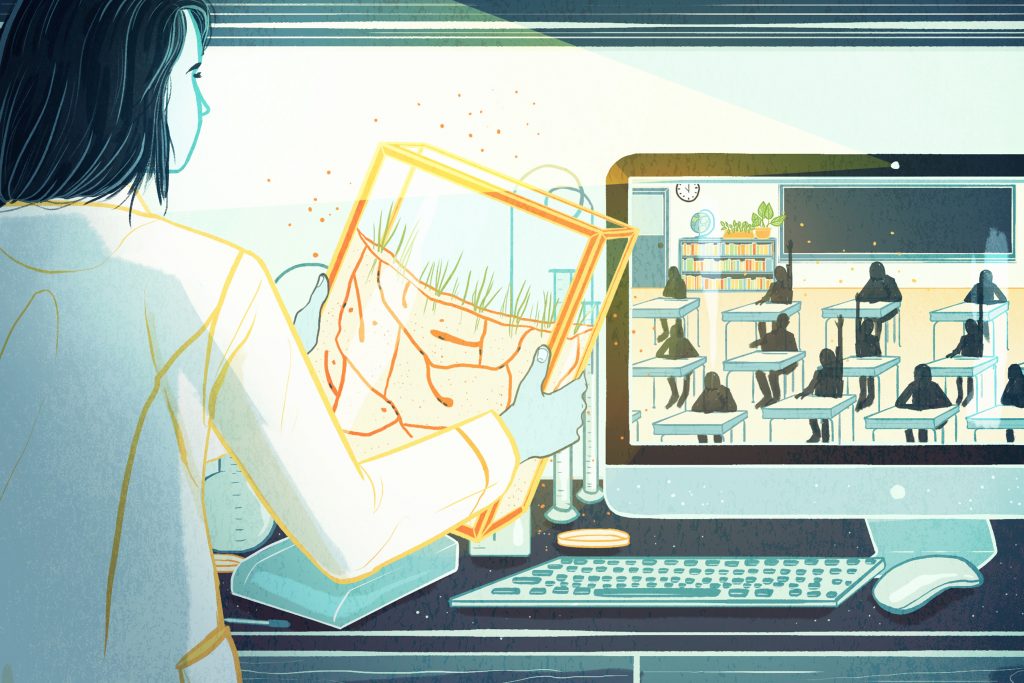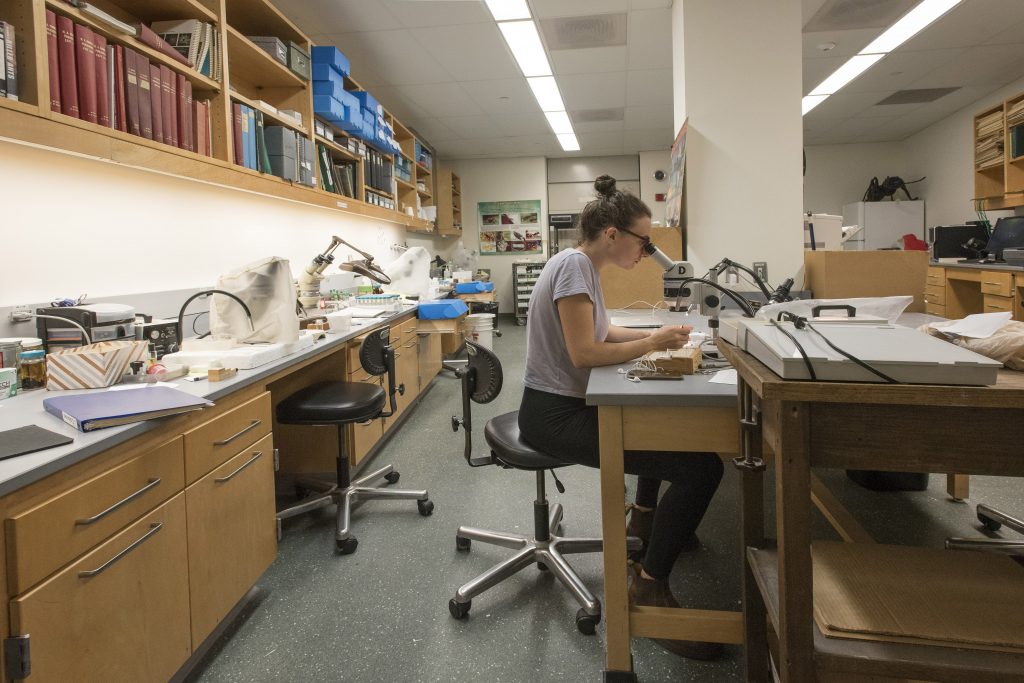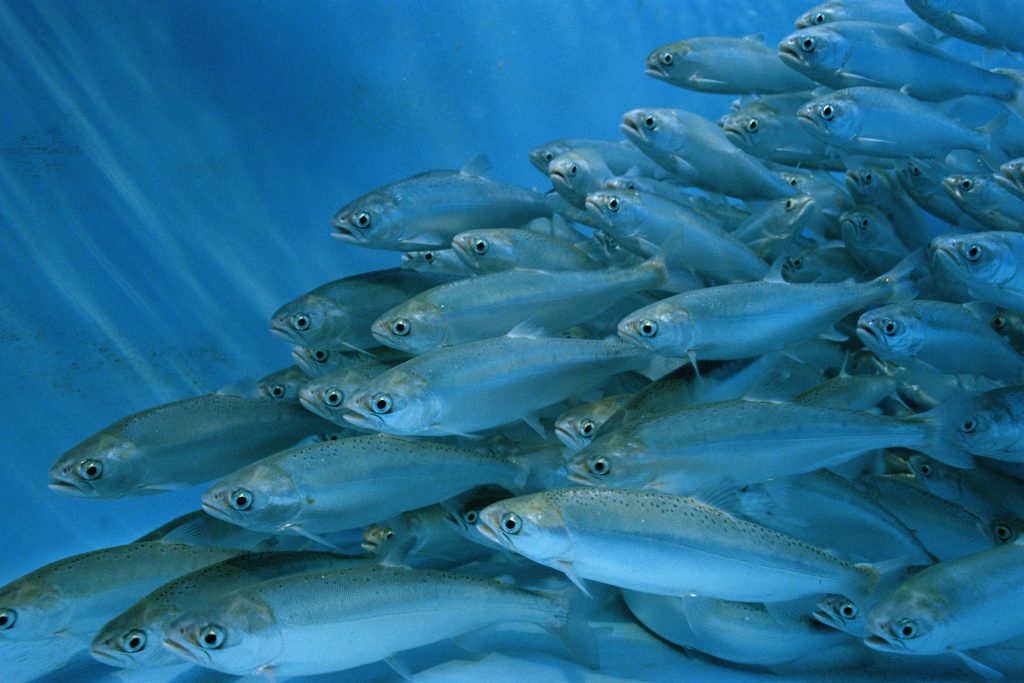Role
Recent Alum Has Whole World in Her Hands
Travel journalist Olivia Balsinger ’14 (CLAS) has 75 nation stamps in her passport.
November 24, 2017 | Jesse Rifkin ’14 (CLAS)
Checking in with Joel Gamoran, Host of FYI’s ‘Scraps’
'I see flavor where the world sees waste,' says the UConn alum, whose new cooking show debuted in May.
November 22, 2017 | Catherine Newman
Food Swamps Predict Obesity Rates Better Than Food Deserts
A new UConn Rudd Center study found that easy access to fast- and junk-food outlets was a better predictor of high obesity rates than lack of access to affordable, nutritious food.
November 14, 2017 | Daniel P. Jones, UConn Rudd Center
How Birds are Rescheduling their Lives Around Climate Change
'We were expecting them to only move in space, but we’ve demonstrated they also move in time,' says UConn researcher Morgan Tingley.
November 13, 2017 | Elaina Hancock
How People Cope with Weight Stigma Affects Their Health
A focus on positive coping strategies could help improve health for those who experience being teased or bullied because of their weight, according to new research by the UConn Rudd Center.
November 9, 2017 | Daniel P. Jones, UConn Rudd Center
Navy Using New UConn Software to Improve Navigation
The Navy is using new software developed by UConn engineering professor Krishna Pattipati to vastly improve the ability to route ships through unpredictable situations.
November 7, 2017 | Kristen Cole
Portable Microscope Makes Field Diagnosis Possible
A portable holographic field microscope developed by UConn optical engineers offers medical professionals a fast and reliable tool for the identification of diseased cells.
October 30, 2017 | Colin Poitras
Skype a Scientist
A program to engage schoolchildren in science has grown in 8 months from one graduate student in one UConn lab to thousands of scientists across 12 time zones and all 50 states.
October 16, 2017 | Kim Krieger, University Communications, with illustrations by Kailey Whitman
Old Specimens, New Insights
In UConn’s Biodiversity Research Collections, scientists, like detectives, are discovering new information about species today, even from specimens collected decades ago.
October 12, 2017 | Elaina Hancock
Fishing for New Antibiotics
A UConn chemist discovers a new mode of action for antibiotics, using antibacterial peptides found in fish.
October 10, 2017 | Kim Krieger
